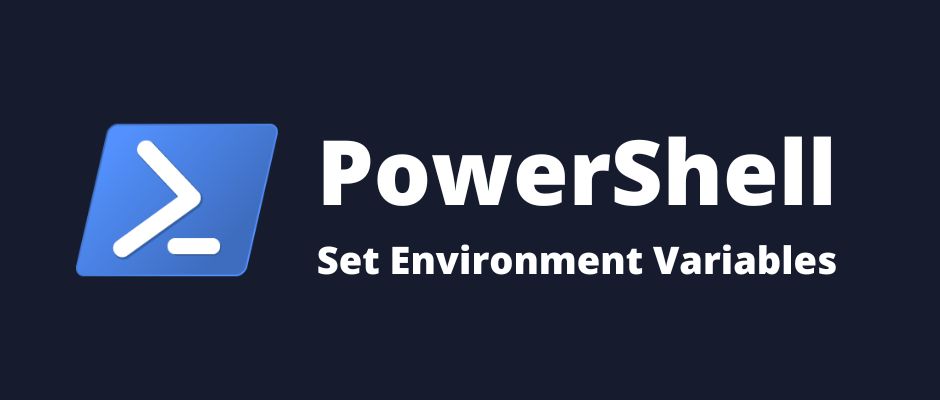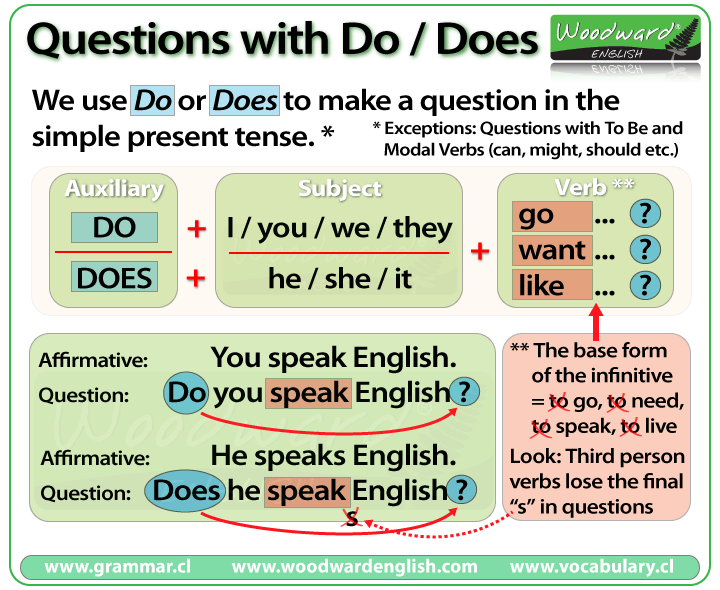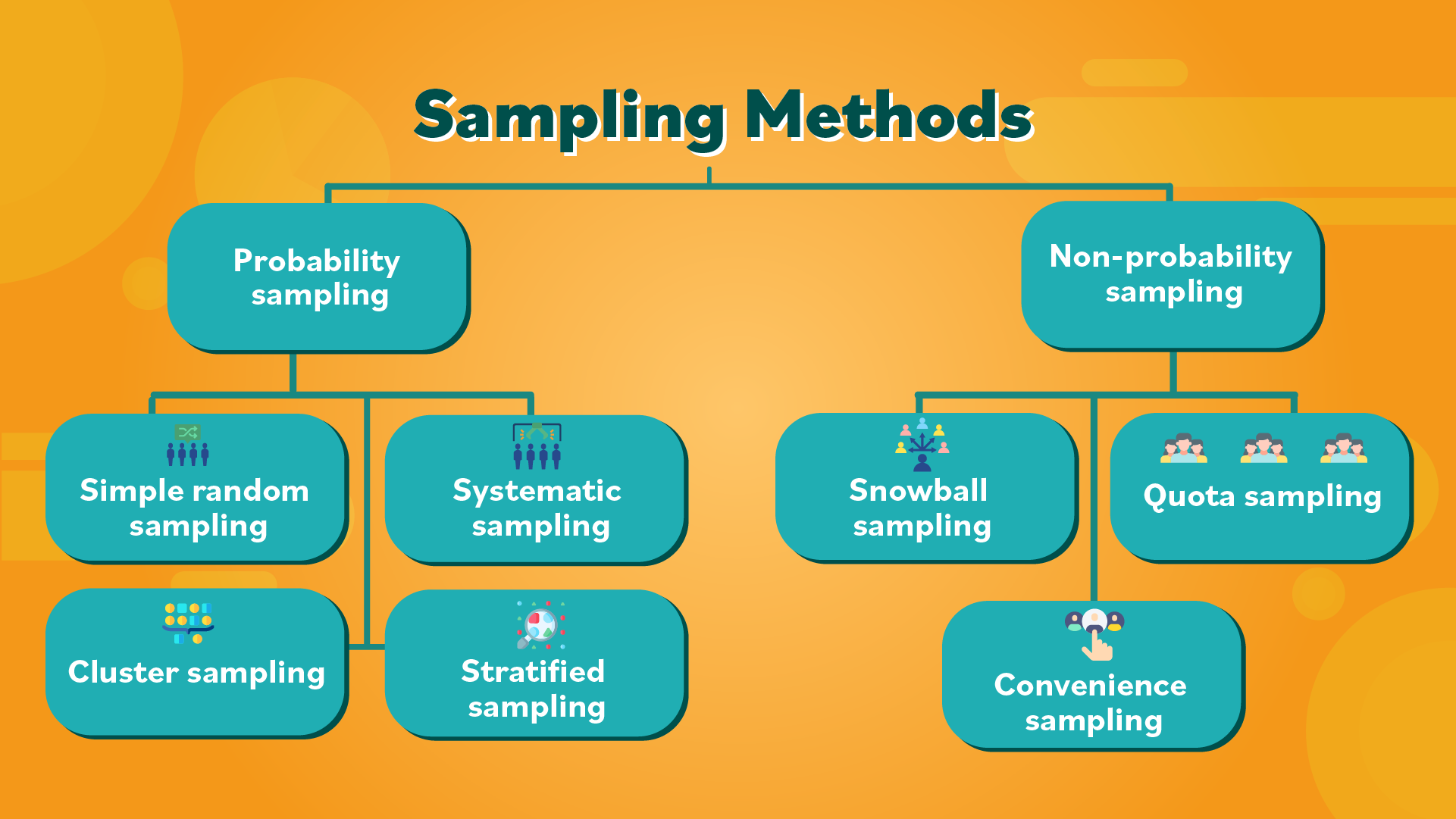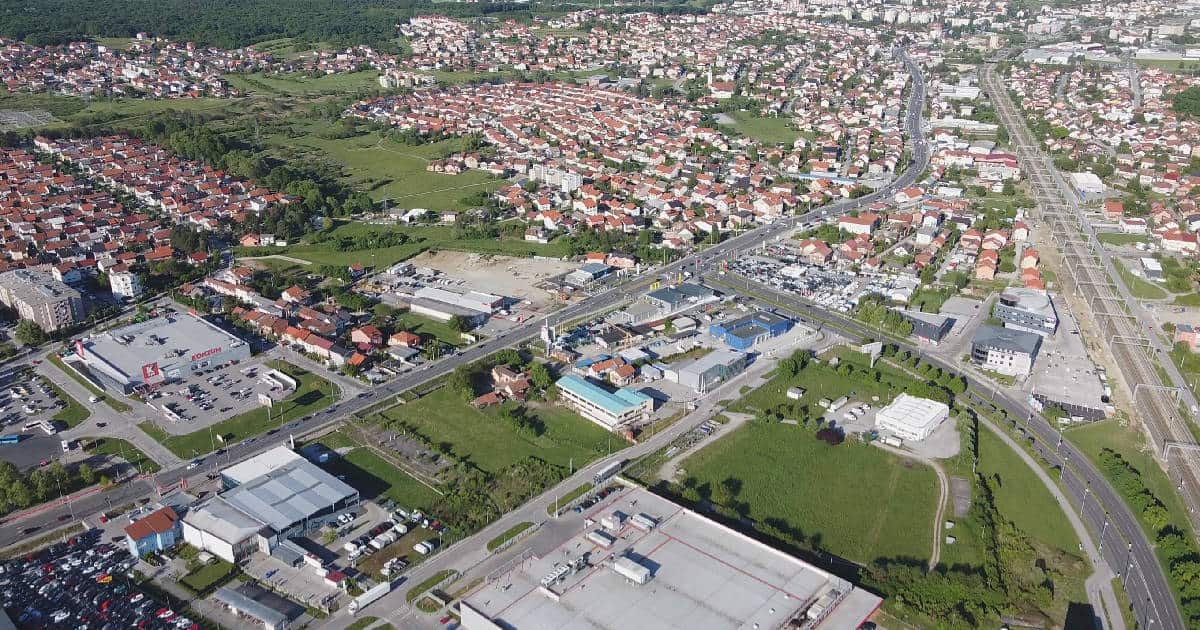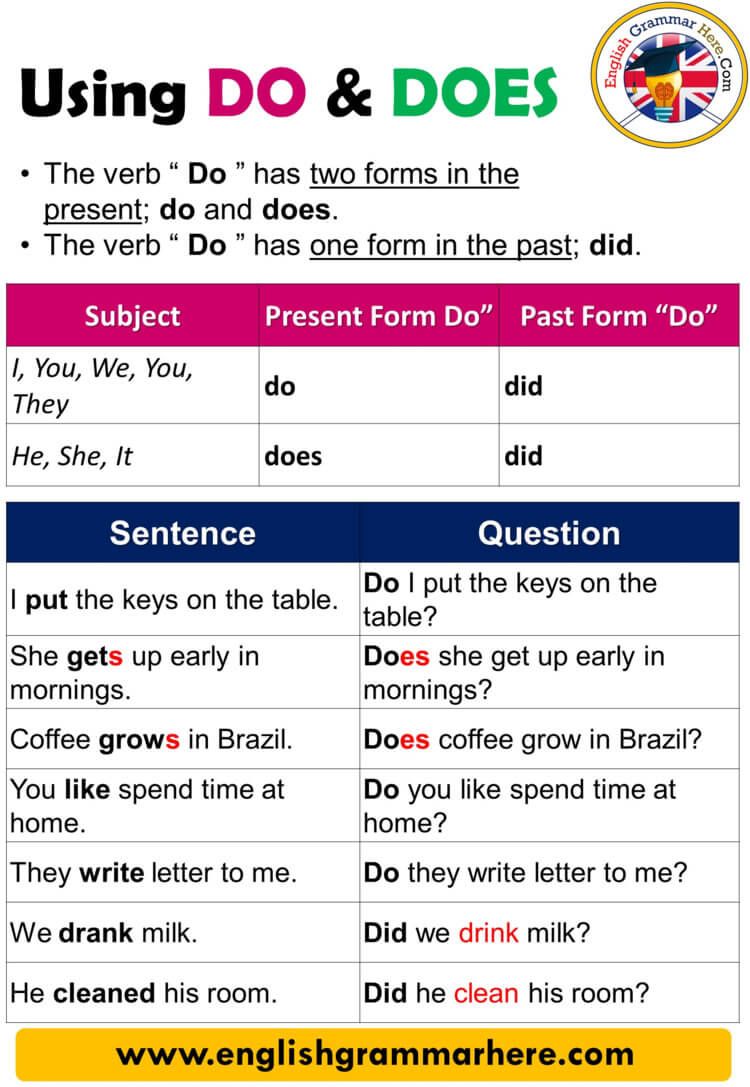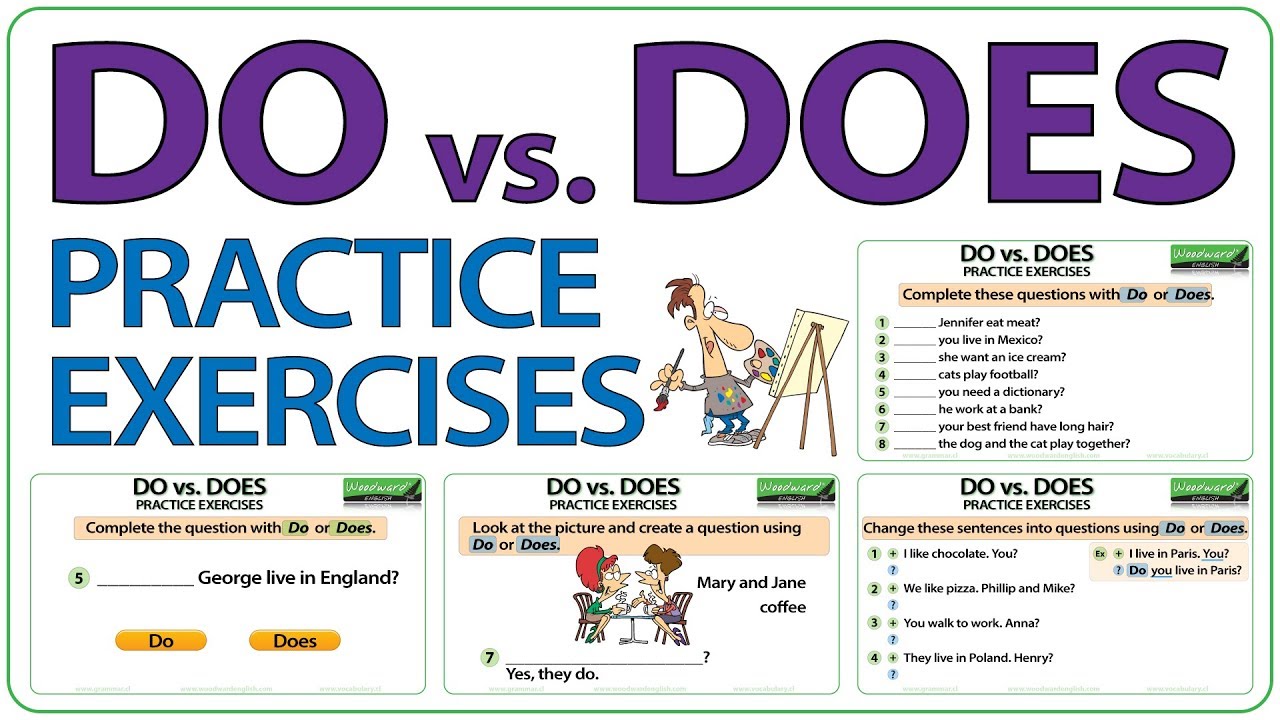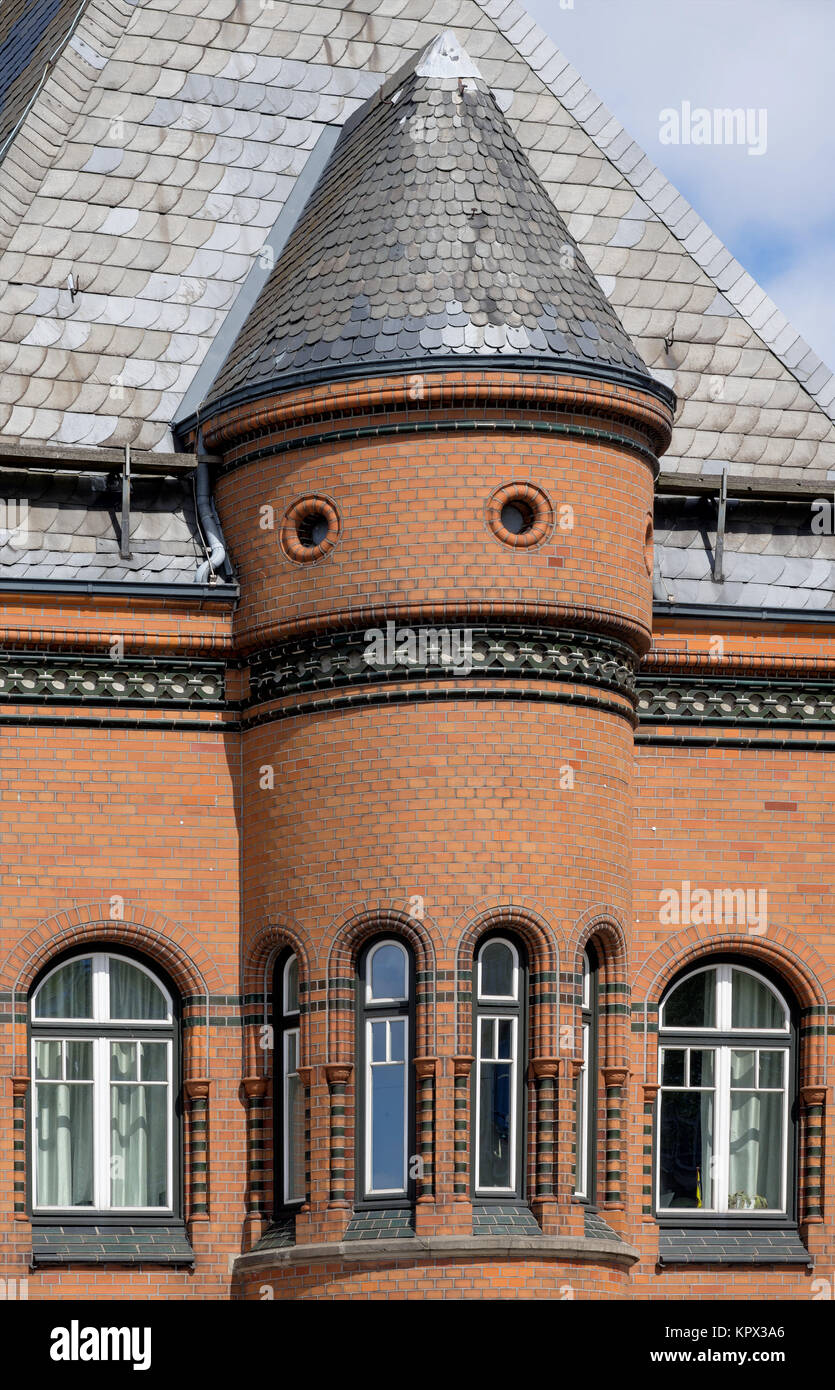Essential Expenses to Budget For When Buying a Home: A Comprehensive Guide
Introduction: Planning Your Homebuying Budget
Buying a home is a major milestone, often accompanied by excitement, anticipation, and a substantial financial commitment. Whether you’re a first-time buyer or preparing to move up, understanding exactly what expenses you need to budget for is crucial for long-term financial success and peace of mind. This guide explores every core expense involved in purchasing a home, offers real-world examples, and provides step-by-step instructions for effective budgeting.
One-Time Expenses: Upfront Costs You Can’t Avoid
Before you get the keys to your new home, you’ll need to cover several one-time expenses . These costs are essential for closing the deal and making your move possible.

Source: efinancemanagement.com
1. Down Payment
The down payment is typically the largest upfront cost. Most mortgage lenders require a down payment ranging from 3% to 20% of the purchase price, depending on the loan type and your qualifications. For example, if you purchase a $300,000 home, a 20% down payment would be $60,000. Some government-backed loans, like FHA or VA loans, may allow for lower down payments, but qualifying criteria apply. If your down payment is less than 20%, you may need to budget for private mortgage insurance (PMI), which is an additional monthly cost. [3]
2. Closing Costs
Closing costs encompass a variety of fees paid to third parties to finalize your home purchase. These can include loan origination fees, title searches, appraisal fees, attorney fees, and transfer taxes. Typically, closing costs range from 2% to 5% of the home’s purchase price. It’s important to request a detailed estimate from your lender or real estate agent so you can plan accordingly. [2] [3]
3. Moving Expenses
Don’t overlook moving expenses . These can include hiring professional movers, renting a moving truck, or purchasing packing supplies. Costs vary widely depending on distance, volume, and services required. For a local move, costs may be a few hundred to a few thousand dollars; long-distance moves can be significantly more. [2]
4. Initial Home Improvements & Furnishings
Upon moving in, many buyers invest in home improvements or new furnishings. Even minor upgrades like painting, installing window treatments, or replacing flooring can add up quickly. It’s wise to set aside funds for these initial changes so your new home meets your needs and preferences. [3]
Ongoing Expenses: The True Cost of Homeownership
Once you’ve moved in, you’ll encounter a range of ongoing expenses that must be included in your monthly budget.
1. Mortgage Payment (Principal & Interest)
Your monthly mortgage payment covers the loan principal and interest. The amount depends on your loan balance, interest rate, and loan term. Fixed-rate mortgages provide predictable payments, while adjustable-rate mortgages may fluctuate over time. You can use online mortgage calculators to estimate your monthly payment based on different scenarios. [3] [4]
2. Property Taxes
Property taxes are paid to your local government and fund essential services like schools, roads, and emergency services. The amount is typically based on the assessed value of your home and varies by location. Some lenders collect property taxes monthly through escrow accounts, while others require annual payments. Make sure to verify your local rates and plan for possible increases over time. [1] [4]

Source: picpedia.org
3. Homeowners Insurance
Homeowners insurance protects your property against covered losses such as fire, theft, or storm damage. Costs vary depending on home value, location, and coverage levels. Most lenders require proof of insurance before approving your mortgage. It’s advisable to shop around for competitive rates and consider bundling policies for possible discounts. [1] [4]
4. Private Mortgage Insurance (PMI)
If your down payment is less than 20%, you may be required to pay private mortgage insurance (PMI). PMI protects the lender in case you default on your loan. This cost is typically added to your monthly mortgage payment until you reach a certain equity threshold. [4]
5. Homeowners Association (HOA) Fees
Some properties require HOA fees to maintain shared amenities and common spaces. The cost of HOA fees can range from a few hundred to several thousand dollars annually, depending on the neighborhood and included amenities. Always confirm whether your property is subject to HOA fees and what they cover. [1]
6. Utilities & Services
Operating a home involves ongoing payments for utilities such as water, electricity, gas, trash collection, and sewage. These expenses vary by home size, location, and usage. Additionally, you’ll need to budget for internet and cable services. Contact local providers for estimates or ask your real estate agent for typical costs in your area. [2]
7. Maintenance & Repairs
Every home requires regular maintenance and repairs -from lawn care to HVAC servicing to roof replacement. Experts recommend budgeting 1% to 3% of your home’s value annually for maintenance. For example, on a $300,000 home, that’s $3,000 to $9,000 per year. Setting aside a dedicated emergency fund for unexpected repairs is a smart strategy. [1] [4]
8. Decorating & Personalization
Personalizing your new space with decorating expenses -such as paint, window treatments, landscaping, and furniture-can impact your budget. Prioritize must-haves and space out discretionary purchases to avoid overspending. [1]
Budgeting Strategies: How to Plan and Track Your Expenses
Effective budgeting ensures you’re financially prepared for both expected and unexpected expenses associated with homeownership.
Step-by-Step Guidance
- Assess Your Income and Debts: Calculate your gross and net monthly income. List all debts and recurring obligations.
- Estimate Monthly Homeownership Costs: Add up mortgage, taxes, insurance, utilities, and any HOA fees. Use online calculators for accuracy.
- Factor in One-Time Expenses: Save for your down payment, closing costs, and moving fees. Build a cushion for unexpected costs.
- Set Up an Emergency Fund: Aim for at least three to six months’ worth of living expenses, including mortgage payments, to safeguard against unforeseen events.
- Track and Adjust: Use budgeting apps or spreadsheets to monitor expenses. Adjust your budget as costs change over time.
Real-World Example
Consider Jane, a first-time buyer who purchases a $250,000 home. Her estimated expenses are:
- Down payment: $25,000 (10%)
- Closing costs: $7,500 (3%)
- Monthly mortgage: $1,200
- Property taxes: $3,000/year
- Homeowners insurance: $1,200/year
- HOA fees: $100/month
- Utilities: $250/month
- Maintenance reserve: $2,500/year
Jane sets up a spreadsheet to track these costs, ensures she has enough savings, and consults her real estate agent for advice on local utility rates and HOA details.
Potential Challenges and Solutions
Many buyers underestimate ongoing expenses, leading to financial stress. To avoid this:
- Consult with a real estate professional for local cost estimates.
- Research utility providers and average bills in your area.
- Build a budget that includes a buffer for unexpected repairs.
- If saving for a down payment is challenging, explore government-backed loan options or down payment assistance programs. For official resources, contact the U.S. Department of Housing and Urban Development (HUD) by visiting their official website or searching for HUD-approved housing counseling agencies.
Alternative Approaches and Resources
Several alternative strategies can help manage homeownership expenses:
- Consider buying a home in an area with lower property taxes or HOA fees.
- Look for energy-efficient homes to reduce utility costs.
- Explore fixer-uppers with renovation loans if you’re comfortable with home improvements.
For questions about financing and budgeting, you can consult your lender, a local real estate agent, or financial advisor. Many banks offer free online resources and budgeting tools-visit their official websites for more information.
Key Takeaways
Budgeting for a home purchase involves more than saving for a down payment. You’ll need to account for closing costs, moving expenses, monthly mortgage payments, property taxes, insurance, HOA fees, utilities, maintenance, and decorating. By planning ahead, consulting experts, and using available resources, you can make informed decisions and enjoy homeownership with confidence.
References
MORE FROM couponito.com

